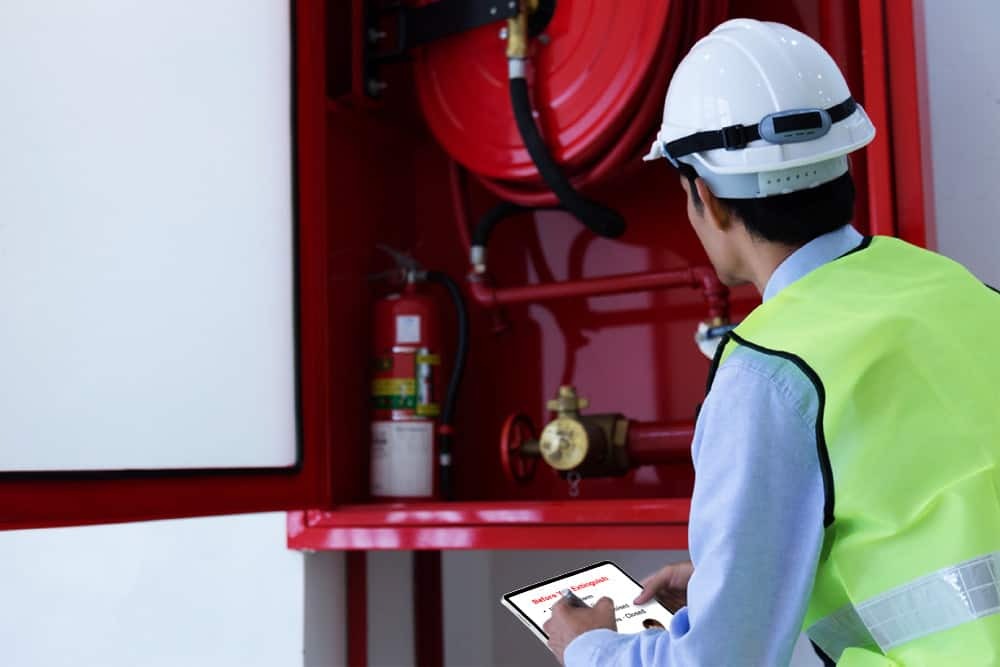Fire Safety Isn’t Optional
Every building is legally required to maintain fire safety compliance. Yet many property managers and owners are unclear about what that involves, who verifies compliance, and what the risks are if requirements are not met.
This is where an Independent fire auditor is essential. Their role is to examine your fire safety systems, records, and procedures to ensure they meet regulatory standards and withstand scrutiny from insurers and authorities.
This article explains what a fire auditor does, their responsibilities, why their role matters, and when you should schedule one.

What Is a Fire Auditor?
A fire auditor is a qualified professional responsible for assessing a building’s fire safety readiness. They verify compliance with legislation, highlight gaps that create risks, and provide the documentation required by regulators and insurers.
In practice, their work often extends beyond equipment and building checks. It includes reviewing evacuation plans, validating fire safety registers, and confirming that training and drills are up to date. These areas are frequently overlooked, yet they are among the most common causes of non-compliance identified during audits.
For more context on national frameworks, see Australian Standards for Fire Safety and FPA Australia.
Why Every Building Needs a Fire Auditor
Keep Your Building Compliant
Fire auditors ensure your property meets legislative requirements, Australian Standards, and local regulations. Without this oversight, even small oversights in areas like building improvements, fire safety registers or evacuation diagrams can leave a building exposed to penalties.
Protect Your Insurance Coverage
Insurance providers frequently reject claims when compliance records are incomplete. By maintaining documentation such as the occupier’s statement, fire auditors protect both your coverage and your liability. Having an independent auditor can view maintenance on all your FSIs, create and sign your occupiers statements.
Avoid Financial Penalties
Missed inspections or outdated evacuation plans can result in substantial fines. An annual audit creates a safeguard by catching issues early.
Safeguard Lives and Reputation
Ultimately, fire safety is about protecting people. A well-audited building ensures occupants can follow a clear, tested fire evacuation plan during emergencies, reducing both risk and chaos.
See regulatory guidance from Queensland Fire and Emergency Services – Building Fire Safety Regulation 2008.
When Should You Schedule a Fire Audit?
Annual inspections are required under most regulations, but audits are also necessary after significant building changes or following a safety-related incident. A property that has undergone renovations, introduced new tenants, or updated fire equipment should always be reassessed to ensure compliance with current fire safety regulations.
How Fire Auditors Simplify Compliance
Managing registers, evacuation plans, training, inspections, and documentation is a complex responsibility. Fire auditors streamline this process by delivering tailored inspections, updating evacuation plans, keeping fire safety registers current, and preparing the ALL documentation required by regulators and insurers. Fire auditors pick up what the others miss.

Why Fire Audits Are Non-Negotiable
A fire auditor is not an optional extra. They are the safeguard that keeps your building compliant, your insurance valid, and your occupants protected.
Ignoring audits increases liability, costs, and risk. Scheduling them secures compliance, safety, and peace of mind.
Book a consultation today to make fire safety compliance simple and stress-free.

